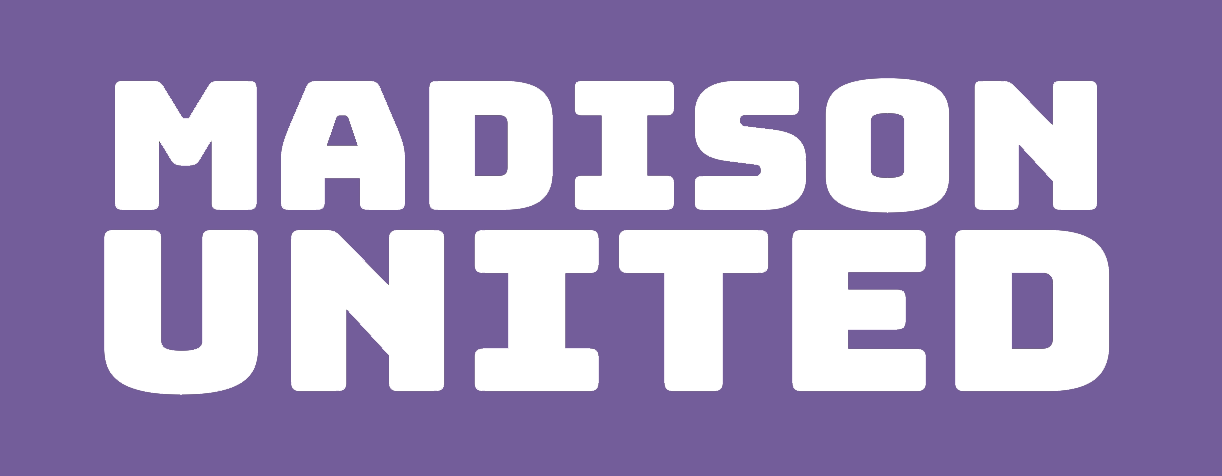Why an ethical code is important for every single stakeholder at MMSD:
An ethical code is a set of principles and values that guide the behavior of individuals and organizations. It is important for every single stakeholder at MMSD to have an ethical code, including the BOE, parents, MMSD administration, and the MTI, because it can help to ensure that everyone is acting in the best interests of the students and the school community.
BOE: The BOE is responsible for setting the policies and procedures for the MMSD. An ethical code can help to ensure that the BOE is making decisions that are in the best interests of all students, not just their own constituents or special interest groups.
Parents: Parents play a vital role in their children's education. An ethical code can help to ensure that parents are acting in the best interests of their children, and that they are not using their parental influence to promote their own personal agendas.
MMSD administration: The MMSD administration is responsible for managing the day-to-day operations of the school district. An ethical code can help to ensure that administrators are making decisions that are in the best interests of all students, and that they are not using their positions to promote their own personal agendas or the interests of their friends, family, or allies.
MTI: The MTI is a group of teachers and staff who are responsible for developing and implementing the MMSD's curriculum and instructional programs. An ethical code can help to ensure that MTI members are focusing on what is best for all students, and that they are not using their positions to promote their own personal agendas or the interests of their particular disciplines or departments.
Addressing the issue of stakeholders saying the right things but acting in their own self-interest:
One of the main challenges that MMSD faces is that many stakeholders say the right things in public, but then act in their own self-interest behind the scenes. This can lead to a lack of trust and a sense that the system is unfair.
An ethical code can help to address this challenge by providing a clear and concise set of principles and values that all stakeholders are expected to follow. This can make it more difficult for stakeholders to say one thing and do another.
Additionally, an ethical code can help to create a culture of accountability. If all stakeholders are aware of the ethical code and the consequences for violating it, they are more likely to act in a way that is in the best interests of the students and the school community.
Overall, an ethical code is an important tool for creating a more ethical and equitable school system. It can help to promote equity, cultural competence, fairness, prevent conflicts of interest, and build trust.

